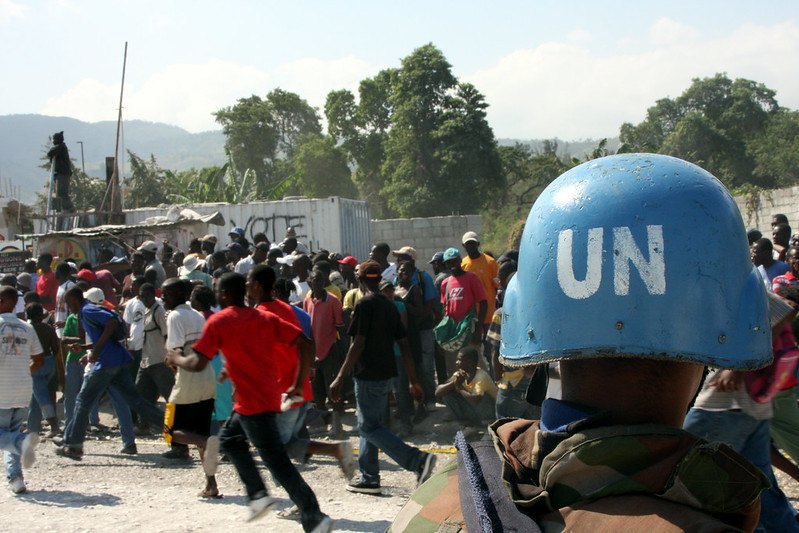Congressional Oversight, Traditional Military Activities, and the UBL Operation
[See here for an updated analysis, after reading the original below]
In the summer of 2009, the Wall Street Journal broke a story about (i) a never-consummated CIA plan to develop a capacity to use small teams to capture or kill senior al Qaeda figures, (ii) legal issues arguably raised by the plan, and (iii) anger among some in Congress that the plan was not reported to the intelligence oversight commi
[See here for an updated analysis, after reading the original below]
In the summer of 2009, the Wall Street Journal broke a story about (i) a never-consummated CIA plan to develop a capacity to use small teams to capture or kill senior al Qaeda figures, (ii) legal issues arguably raised by the plan, and (iii) anger among some in Congress that the plan was not reported to the intelligence oversight committees until years later when Director Panetta learned about it in 2009 (see here for NYT coverage as well). Bearing in mind point (iii) in particular, what if anything is there to be said about oversight issues and yesterday's UBL operation?
Well, in my view this does not qualify as a "covert action" and hence does not trigger covert action-focused statutory requirements. I think this for two reasons. First and most obviously, this operation was not meant to be covert in that, far from denying US responsibility, we were planning to trumpet it. Second, even if US involvement was meant to be kept secret, an activity does not count as a covert action for statutory purposes if it amounts to a "traditional military activity" ("TMA"). The scope of the TMA concept is quite disputable, but I don't think it is hard to fit within it a SEAL Team Six (DevGru) assault on a building in an effort to capture or kill the leader of al Qaeda. Not that the categorization necessarily should turn on something as formalistic as the organizational affiliation of the individuals carrying out the operation. In that regard, note the language in this CBS News account:
The Navy SEAL team on this mission was supported by helicopter pilots from the 160th Special Ops Air Regiment, part of the Joint Special Operations Command. The CIA was the operational commander of the mission, but it was tasked to Special Forces.All of which is a nice illustration of the post-9/11 model of military-CIA cooperation and overlap working at its best (for more on this point, see Marc Ambinder's account at National Journal, which includes this observation: "In an interview at CIA headquarters two weeks ago, a senior intelligence official said the two proud groups of American secret warriors had been 'deconflicted and basically integrated' -- finally -- 10 years after 9/11."). Now, if I'm right that there was no statutory obligation to give notice to the intelligence committees because this was not a covert action (nor an "intelligence activity"), one might wonder whether instead there was some form of reporting obligation to the armed services committees. The answer is no; there is no formal, parallel oversight regimen running to SASC or HASC for military activities pursuant to an execute order (exord). And that brings us back to this story by Eric Schmitt and Mark Mazzetti, which ran in the NYT back in November 2008 and which describes a purported exord authorizing military operations against al Qaeda targets in countries including Pakistan. None of which is to say that there is no transparency or oversight in relation to such operations, of course, nor that it would be wise from a policy or political matter to try to freeze Congress out as a general matter.
Robert (Bobby) Chesney is the Dean of the University of Texas School of Law, where he also holds the James A. Baker III Chair in the Rule of Law and World Affairs at UT. He is known internationally for his scholarship relating both to cybersecurity and national security. He is a co-founder of Lawfare, the nation’s leading online source for analysis of national security legal issues, and he co-hosts the popular show The National Security Law Podcast.




.jpg?sfvrsn=104df884_5)
